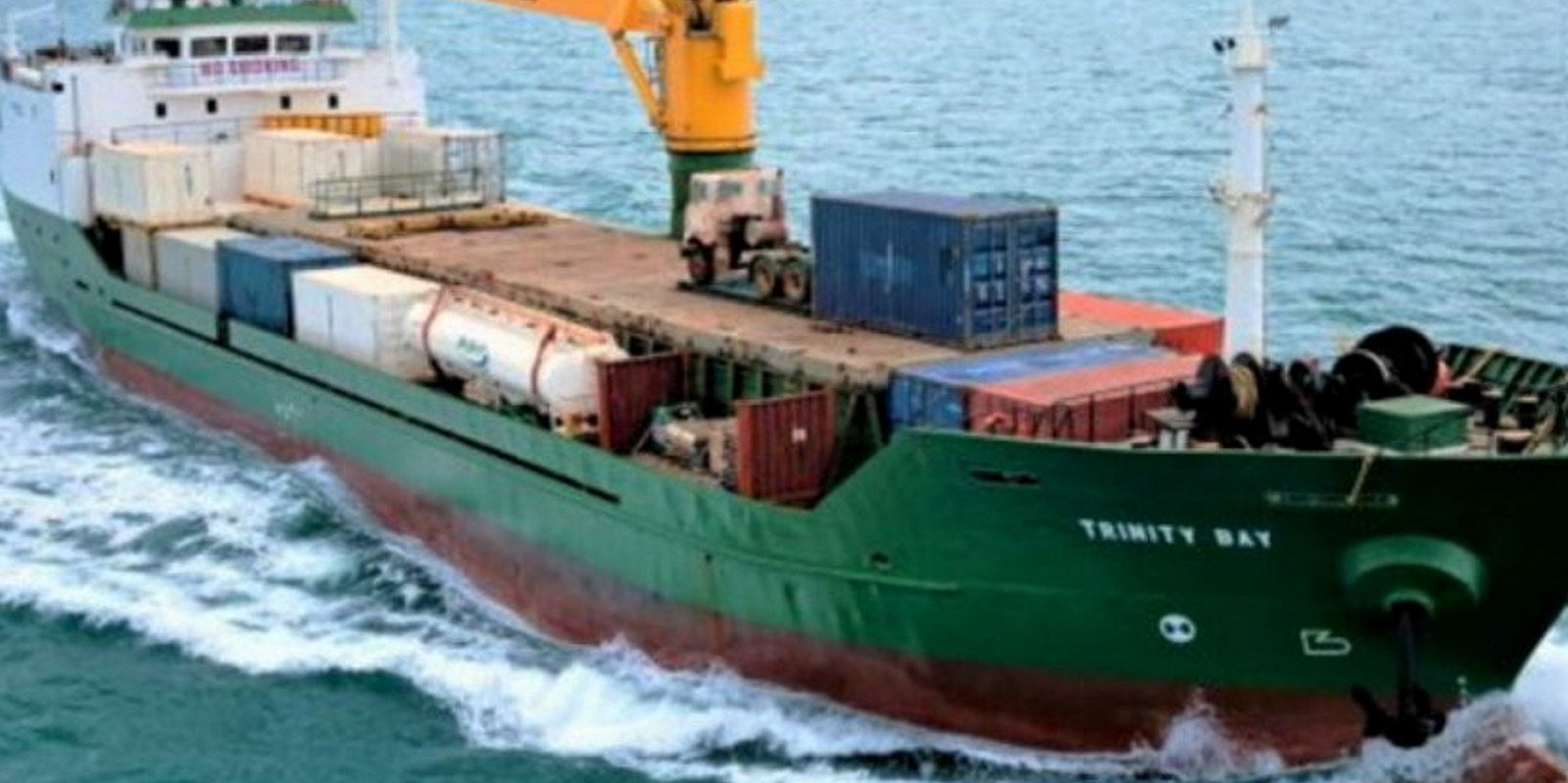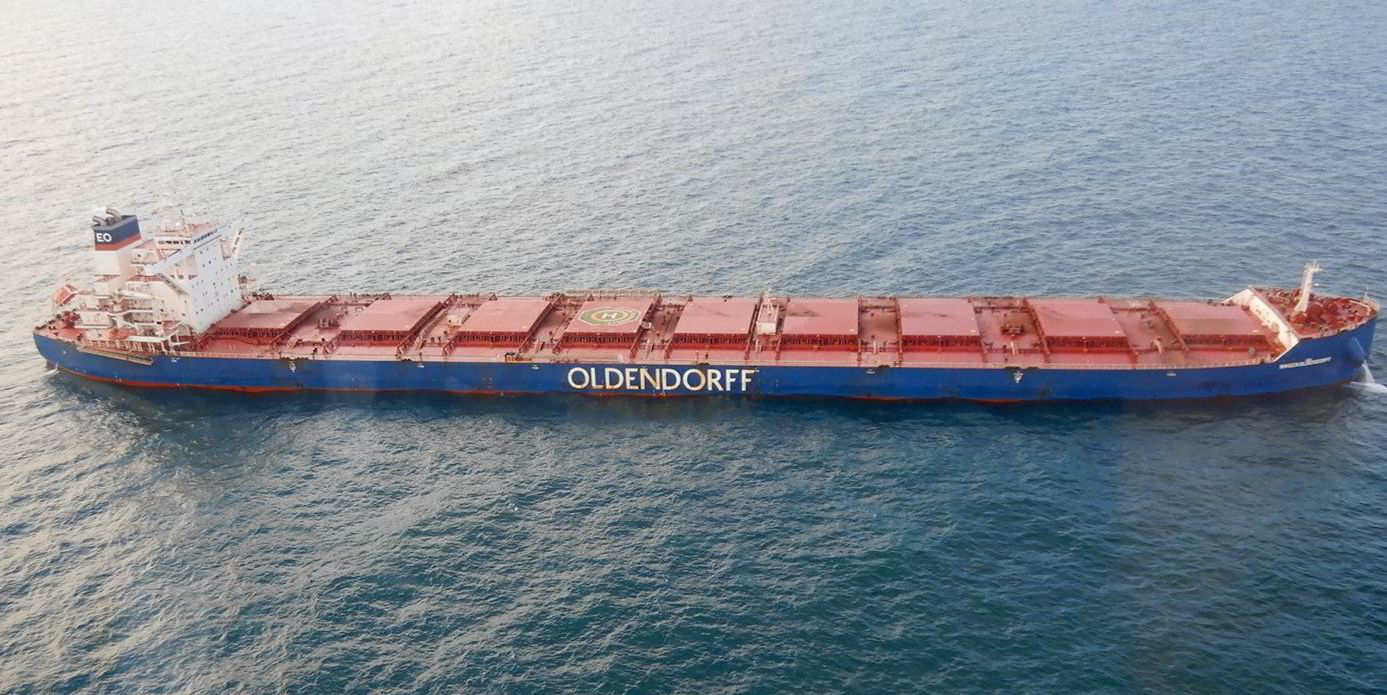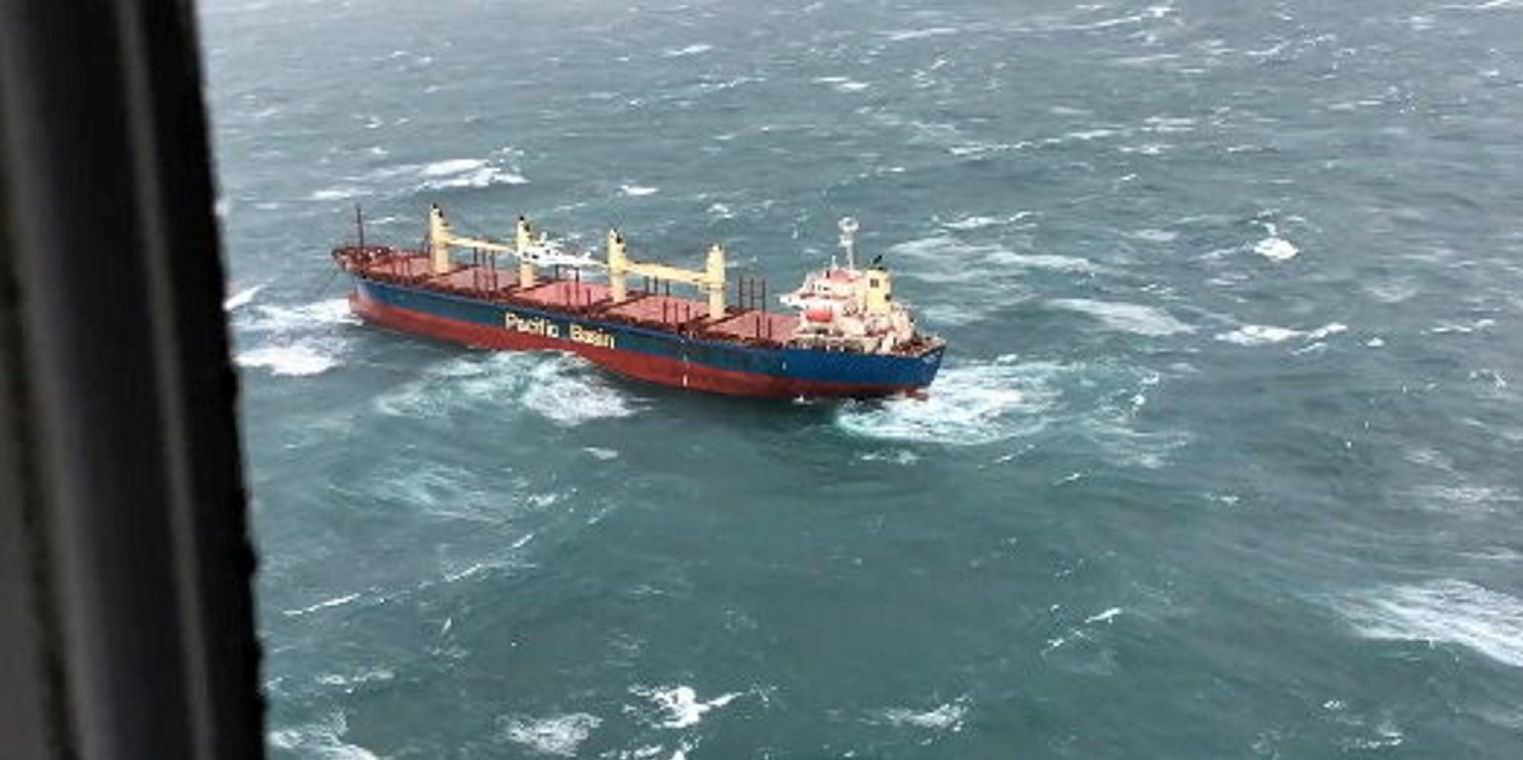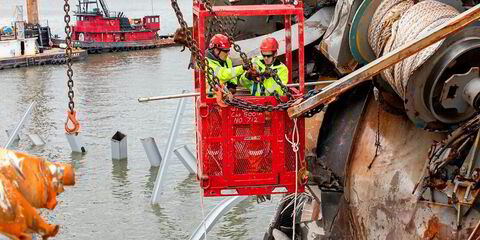A general cargo ship grounded off Australia last year due to passage planning errors and a malfunctioning vessel traffic alert system.
This is according to a report into the incident involving the 3,200-dwt Trinity Bay (built 1996) carried out by the Australian Transport Safety Bureau (ATSB).
The Australia-flag vessel was being operated by Sea Swift, Northern Australia's largest shipping company, on 19 January 2021.
The ship was using a newly planned route when it grounded on Harrington Shoal off Cape York, during a regular weekly passage from Thursday Island to Cairns.
There was only minor hull damage, which comprised some dents and paint stripping.
No injuries or pollution were reported, and the Trinity Bay was refloated on the rising tide.
The ATSB found a deficiency had been identified during a recent internal audit. This required the use of approved routes and waypoints.
To address this, the master had used a draft passage planning tool that was being trialled by the operator to plan new routes.
These were entered into the Trinity Bay’s electronic chart system (ECS).
However, the ECS was not approved for use as the ship’s primary means of navigation and did not possess automatic route safety checking functions, AMSA said.
Near-miss, then grounding
“Errors in the planning tool meant the new route took Trinity Bay dangerously close to the charted danger of Mid Rock, and then about an hour later directly over the charted danger of Harrington Shoal, where the ship grounded,” ATSB director of transport safety Stuart Macleod said.
“The investigation found the new passage plan was not independently verified by another of the ship’s deck watchkeeping officers, as required by the operator’s procedures, and the planned routes were entered into the electronic chart system instead of being annotated on the ship’s paper charts," he added.
Sea Swift subsequently removed Trinity Bay’s ECS and advised ATSB that it was investigating the fitting of electronic chart display and information systems (ECDIS) on its ships.
The second factor in the grounding was the abnormally high number of erroneous alarms and alerts received by the duty officer of the Great Barrier Reef and Torres Strait vessel traffic service (REEFVTS) monitoring and surveillance system.
In a little over two hours, more than 80 alerts were generated, of which 42 were false.
Among the genuine alarms received were warnings when the Trinity Bay sailed close to Mid Rock, and again as it approached Harrington Shoal.
They were acknowledged by the duty operator but not followed up, due to the operator experiencing a sustained period of elevated workload, combined with a high level of expectancy that the ship was not at risk, as it frequently transited the area, the report said.
Maritime Safety Queensland has since implemented a software update for the system, reducing the incidence of false alarms.(Copyright)





